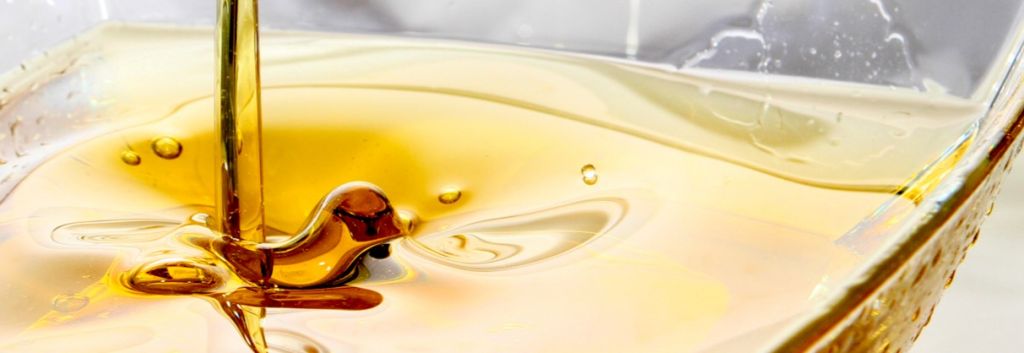Newsletter Signup - Under Article / In Page
"*" indicates required fields
Update (18/05/2020): Cubiq Foods has received a €5M investment from food technology investor Blue Horizon Ventures. With the funds, the startup aims to accelerate the production of its omega 3 fat additives based on cell culture, expecting to launch two products by the end of the year.
31/01/2019
Based in Barcelona, Cubiq Foods is developing a healthier and sustainable alternative to fat additives for the food industry that is grown from cells, without the animal.
The technology developed by Cubiq Foods could help reduce the use of trans fat and palm oil, and could provide a source of essential fats such as omega 3, which is known to protect from cardiovascular disease. The company is working with fat sourced from poultry, cattle and pork for applications in baking cookies and cakes, and in making snacks, pizzas, processed foods such as hamburgers and nuggets, and meat substitutes.
In the last few decades, companies around the world have started working on technologies to grow animal products, such as meat, from cells. Getting animals out of the equation could have big benefits for the environment and animal welfare.
“We belong to generation 2.0 of cell-based companies,” Cubiq co-founder Andrés Montefeltro told me. “Besides the benefits to the environment and animal welfare, we focus on food that is more nutritious, healthier, and tastes good.”
With the €12M equity funding, provided by the Spanish VC Moira Capital Partners, Cubiq plans to scale up the production of its cell-based fat and get it ready for commercial launch in 2020.
A common problem with animal fats is that their properties can vary from one season to another depending on the weather and what the animals are feeding on. This is a problem for industrial processing, which requires the fat to have, for example, a certain melting temperature. In contrast, vegetable fats are stable, but contain trans fats and can come with environmental issues, as in the case of deforestation to produce palm oil. They also lack the flavor of animal fats.
“We can control better the properties of the fat and tailor the properties to the needs of each client without sacrificing the flavor,” explained Montefeltro.
Other companies growing meat are also growing fat as part of their products, such as Mosa Meat’s burgers or Mission Barns’ bacon. As Montefeltro explained, the cost of production of fat can be 10 to 15 times lower than that of muscle grown to make meat.
The plan for Cubiq is to launch the fat additives at an undisclosed but competitive price that reflects the health and nutrition benefits of the cell-based fat. The impact on the final pricing of the products is not expected to be that big as the fat will only make up 5-15% of the final product.
“We plan to launch our product for the baking sector first, as the sector has shown interest in our fat for products such as healthy cookies,” said Montefeltro. “At first we plan to sell to Europe and the US from Spain, but in the future, as the volume grows, the intention is to have the production plant where the product is being consumed.”
Images via Shutterstock
Are you interested in sustainable agriculture and food R&D?







